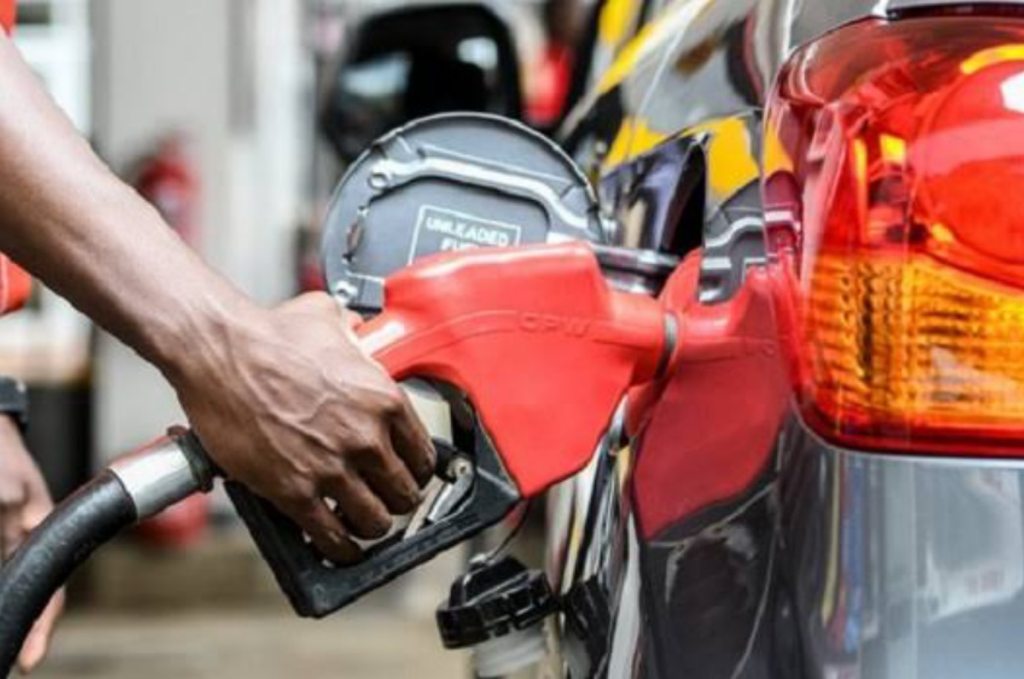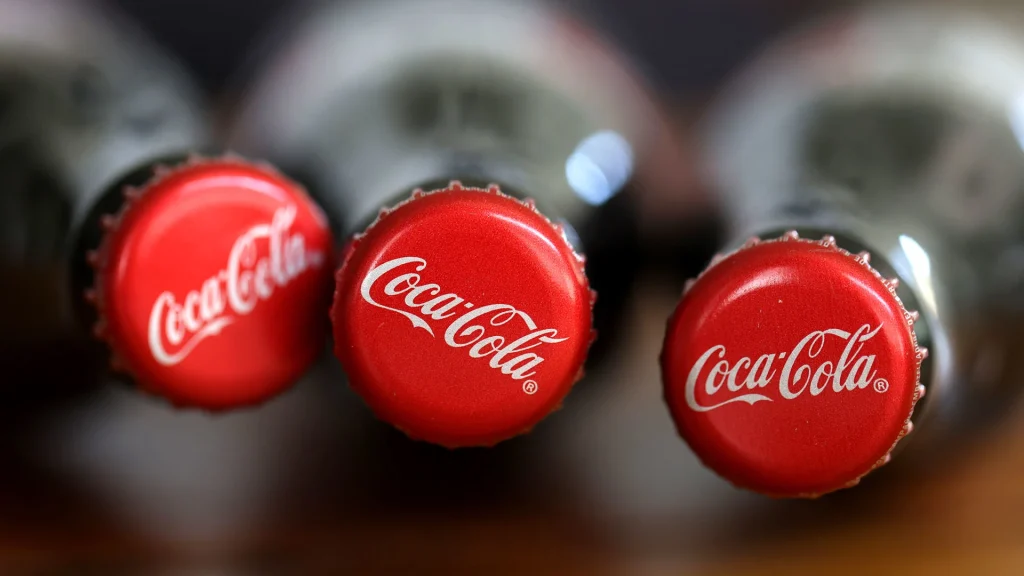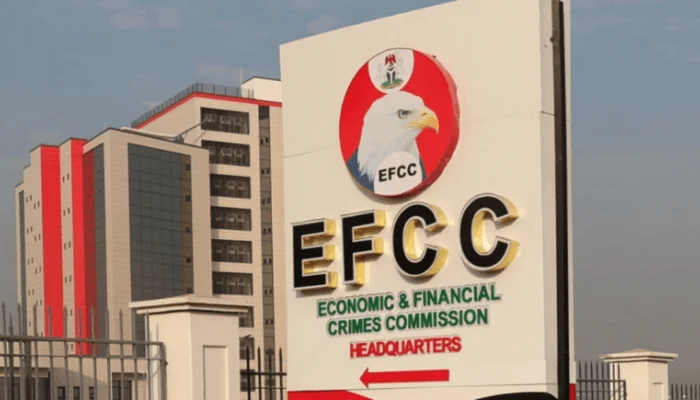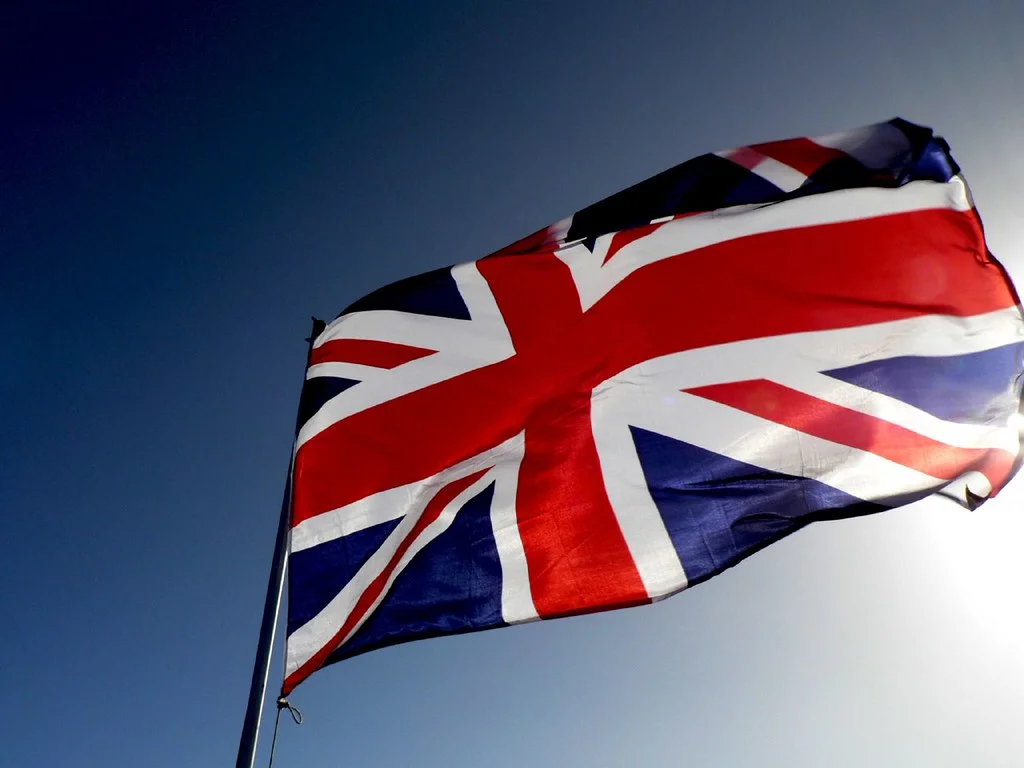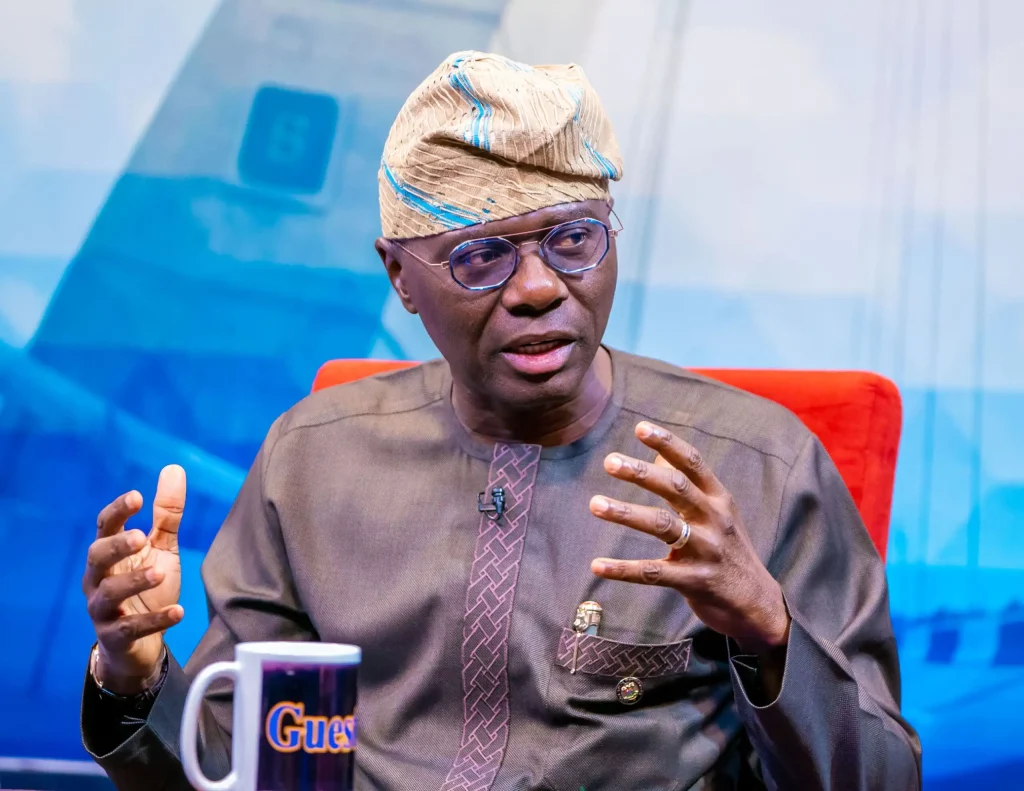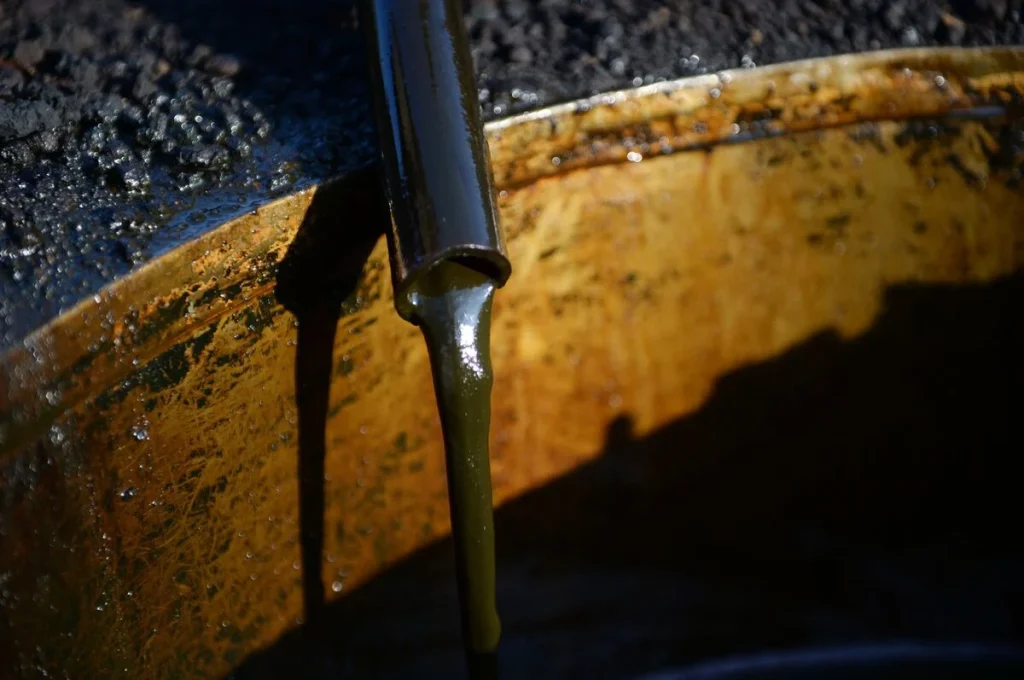New Price Hike Shakes Consumers
Retail outlets operated by the Nigerian National Petroleum Company Limited (NNPCL) have raised the pump price of Premium Motor Spirit (PMS), commonly known as petrol, to ₦990 per litre in the Federal Capital Territory (FCT) and ₦960 per litre in Lagos. This price adjustment reflects a broader trend of rising fuel costs across the country, as deregulation and market dynamics drive fluctuations in pump prices.
Recent Developments in Fuel Pricing
As of Tuesday, checks at various NNPCL outlets revealed the updated prices, which represent a notable increase from previous rates. For instance, the price in Abuja rose from ₦965 to ₦990, marking a 2.6% increase, while Lagos stations adjusted prices from ₦925 to ₦960. Some filling stations in Lagos-Ibadan Expressway areas reported prices exceeding ₦1,000 per litre.
The hike follows recent adjustments by the Dangote Petroleum Refinery, which raised its depot price for PMS from ₦899 to ₦955 per litre. The refinery has become a significant player in the downstream oil sector since commencing full loading operations. Additionally, independent marketers and private depots have also adjusted their rates, with retail prices at their stations now ranging between ₦970 and ₦1,030 per litre.
Market Dynamics Behind the Price Hike
The increase in fuel prices stems from several factors, including:
- Global Crude Oil Prices: Brent crude oil, a benchmark for global prices, has seen fluctuations. After falling to $79.98 per barrel on Monday, it rose marginally to $80.05 on Tuesday. Experts link these movements to the easing of international tensions and the inauguration of Donald Trump as U.S. President.
- Impact of Deregulation: With the full deregulation of the Nigerian petroleum sector, prices are now determined by market forces. As such, supply disruptions, refinery costs, and international oil price volatility directly impact local pump prices.
- Exchange Rate Dynamics: The depreciation of the naira against the dollar has made fuel imports more expensive, further influencing the pump prices.
- Distribution and Supply Challenges: The logistics of moving products from depots to filling stations, coupled with distribution inefficiencies, also contribute to price increases.
Observations Across Key Locations
Field reports from Lagos, Ogun, and Abuja revealed significant disparities in pump prices:
- In Abuja, major stations like AYM Shafa and Matrix sold PMS for ₦1,000 per litre, while Shema listed it at ₦1,030.
- In Lagos, NNPCL stations initially sold at ₦925 but later adjusted to ₦960 by midday on Tuesday. TotalEnergies stations were selling at ₦985, while Petrocam and other independent stations were retailing between ₦960 and ₦1,000.
- In Akwa Ibom, pump prices reportedly climbed as high as ₦1,100 per litre, reflecting the impact of distribution costs on more remote locations.
Expert Opinions on the Price Hike
Industry experts attribute the price hike to broader economic trends and policy decisions. Olatide Jeremiah, an oil and gas analyst, explained, “The increase is a reflection of deregulation and market forces. While this hike is challenging for consumers, it is a necessary step toward stabilizing supply and ensuring efficiency in the sector.”
Jeremiah also noted the temporary impact of global events, such as the U.S. ban on Russian oil companies, which tightened crude supply globally. He suggested that with market stabilization, prices could moderate in the medium term.
Consumer Reactions
The sudden price adjustments have sparked widespread complaints among consumers, particularly low-income earners and transport operators who are disproportionately affected.
A tricycle operator in Lagos lamented, “We thought the prices were going down initially, but they’re increasing again. It’s becoming difficult to make ends meet with these constant hikes.”
Similarly, many motorists expressed frustration over the disparity in prices between stations, with some accusing independent marketers of hoarding old stock to sell at inflated rates.
Government and Sector Responses
The Federal Government and the NNPCL have reiterated their commitment to ensuring fuel availability and addressing market inefficiencies. The Ministry of Petroleum Resources stated that the current price adjustments reflect global trends and are not indicative of scarcity.
In addition, private depot owners and the Dangote Refinery have assured Nigerians of continued supply to meet national demand. A depot operator disclosed that refined petroleum sales resumed fully on Monday without any major hitches.
Conclusion and Future Outlook
As Nigeria adjusts to a fully deregulated petroleum sector, consumers are likely to experience further price fluctuations driven by global oil markets, exchange rates, and local production capacities. Experts emphasize the importance of investing in local refining capacity to reduce dependency on imports and stabilize fuel prices.
While the Dangote Refinery is expected to play a significant role in shaping the market, consumers and stakeholders alike are hopeful that consistent supply and competitive pricing will prevail in the long term.

